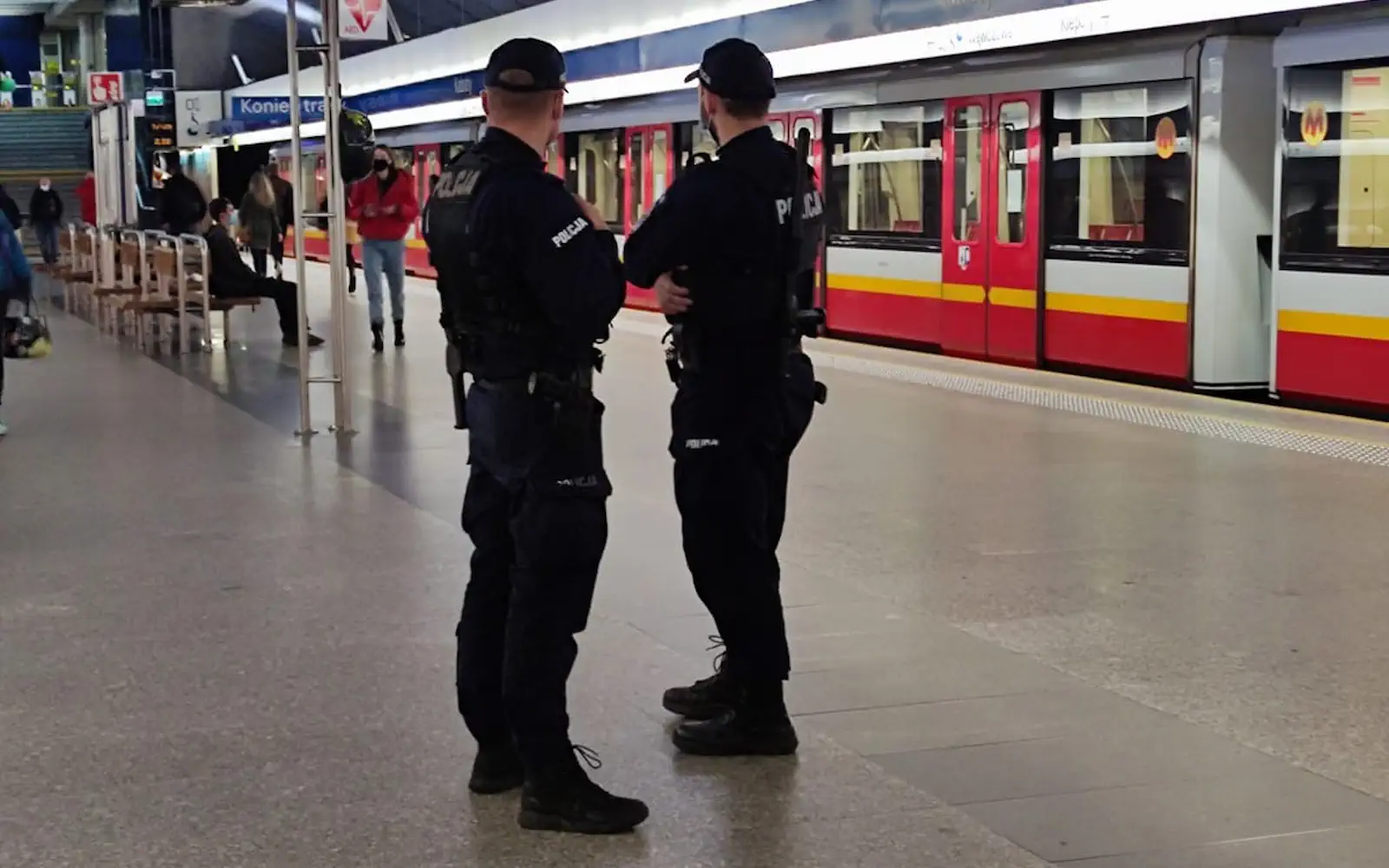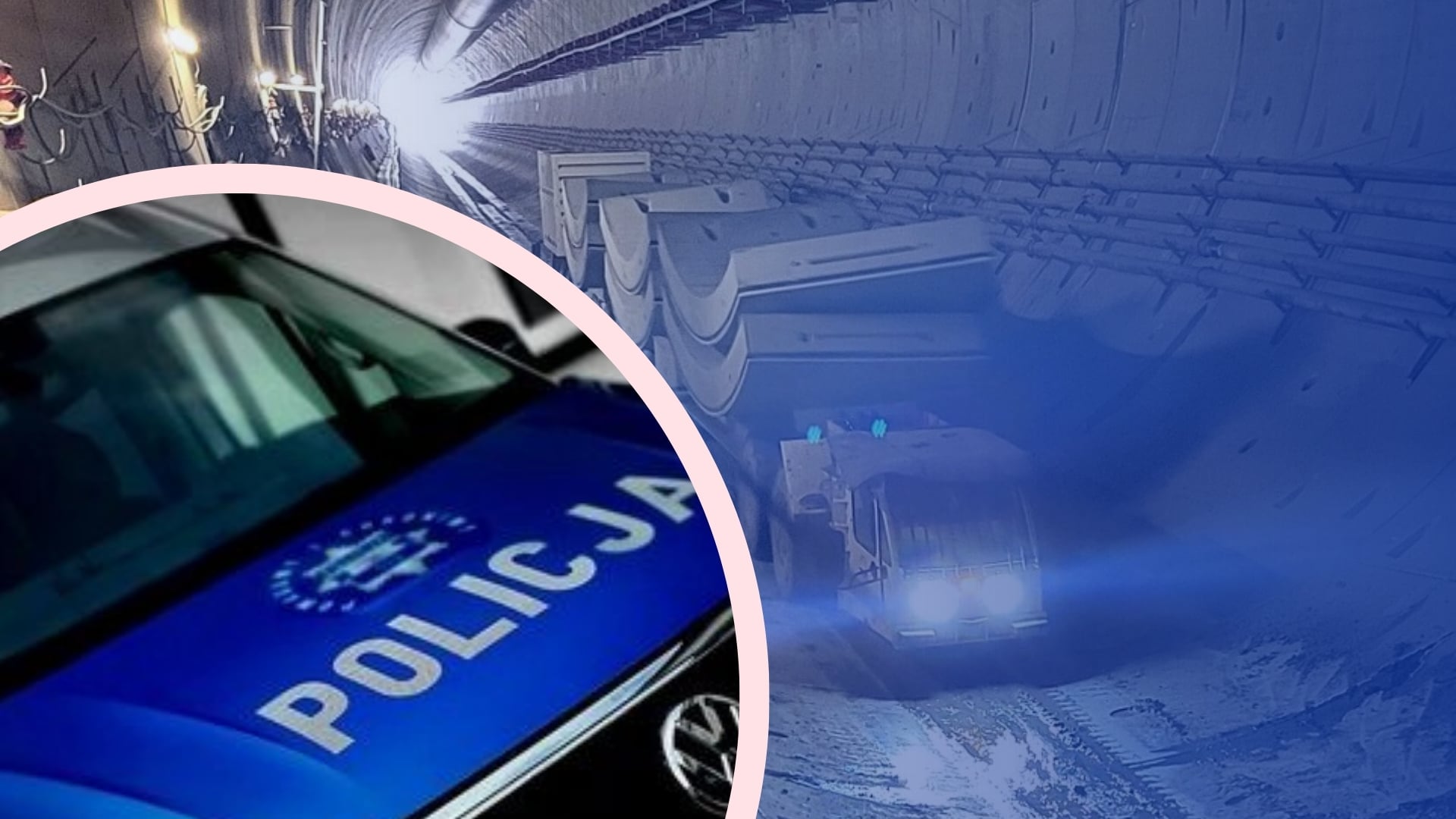
President Andrzej Duda decided to apply the law of grace to Robert BąkiewiczFormer leader of the March of Independence. The information, confirmed by the President's Chancellery, sparked an immediate wave of comments and controversy. The pardon concerns a final judgement for violating the physical integrity of the protest participant. The key and most emotional component of the case is that the decision was made in presidential mode, disregarding the standard opinion of the courts.
The authoritative communication explained that the president had exercised his constitutional powers at the request of the lawyer General. This decision means that Robert Bąkiewicz will not gotta face sanctions for restrictions on freedom in the form of social work. Importantly, however, the act of grace does not cover all the consequences of judgment. The case sheds fresh light on the usage of the law of grace in the Polish legal system, especially in the political context and at the end of the word of office of the head of state.
A presidential act of grace without a court. How is that possible?
The decision to pardon Robert Bąkiewicz was made in a peculiar way, which raises many questions. The President's office informed that the proceedings were initiated on the basis of Article 567 § 1 Code of Criminal Procedure. This provision allows the lawyer General to present a motion for pardon to the president without prejudice to the judicial procedure. In practice, this means that the president could have made a decision without consulting the court of first and second instance, which had previously found Bąkiewicz guilty.
This path, although legal, is seldom utilized and reserved for exceptional cases. Critics point out that omitting the opinion of judges who have thoroughly known the case file and the evidence can be seen as a political action. According to the Communication, the order for pardon was issued July 11, 2025. president Andrzej Duda has given the sentenced individual the punishment of restrictions on freedom, which is the essence of an act of grace in this peculiar case.
What was Robert Bąkiewicz convicted of? Details of the judgment
The case active in the pardon has its origin in an incidental during 1 of the protests. Robert Bąkiewicz was yet convicted of violation of physical immunity 1 of the demonstrators. The court found him guilty and sentenced him to punishment, which was to be the nature of both ailments and social redress. The judgement that was upheld by the second instance court consisted of respective elements.
The most crucial of them was punishment one year regulation of freedom, the work to carry out unpaid social work 30 hours a month. In addition, the court ruled from Bąkiewicz an attachment of PLN 10 000 to the victim and ordered the public to make the judgement public. Keeping the judgement in force by the appeal court meant that the conviction was final and was enforceable until the president intervened.
Official grounds for pardon. President's Office explains
The President's office presented in its communication arguments which were to stand behind the decision of Andrzej Duda. As the authoritative message states, respective factors have been taken into account erstwhile deciding. Among them are: positive environmental opinionRobert Bąkiewicz enjoys, as well as Incidental nature of the act. An additional argument was to be his ‘stabilised lifestyle’.
However, it is worth to realize precisely what pardon means in this case. The act of grace only concerns the remission of the punishment of restrictions on freedom. This means that Robert Bąkiewicz does not gotta do social work. However, a presidential decision does not include another elements of the judgment. Bąkiewicz is inactive obliged to pay PLN 10 1000 to the victim and to cover the costs of the court. Furthermore, the pardon does not prevent the conviction – the information about the conviction will stay in the National Criminal Register.
A storm in the net and politics. Controversy over President's decision
The information about the pardon, given as the first by the portal Goniec.pl, triggered an immediate reaction of public opinion and politicians. Social media has sedated, and commentators and opposition representatives accuse the president of bias and instrumental treatment of the law. It is emphasized that Robert Bąkiewicz is simply a figure powerfully associated with national environments, in the past supported financially and politically by the United Right camp.
A decision made respective months before the end of Andrzej Duda's second word is read by many as political signal directed to its hard electorate. Critics point to a disparity in the treatment of individuals with different political views by the head of state. Controversy arises not only in the form of a pardoned, but above all in the mode in which the decision was taken – without the vote of the courts, which undermines assurance in the impartiality of state institutions.
More here:
President Duda pardoned Robert Bąkiewicz. Avoid punishment for assaulting a woman


![Kryptowalutowa mafia rozbita. 13 osób złapanych przy praniu brudnych pieniędzy [FLM]](https://storage.googleapis.com/patrykslezak-pbem/tulodz/articles/image/1c8b46f8-c7cb-4d52-bfb4-ab2bec6f5625)






